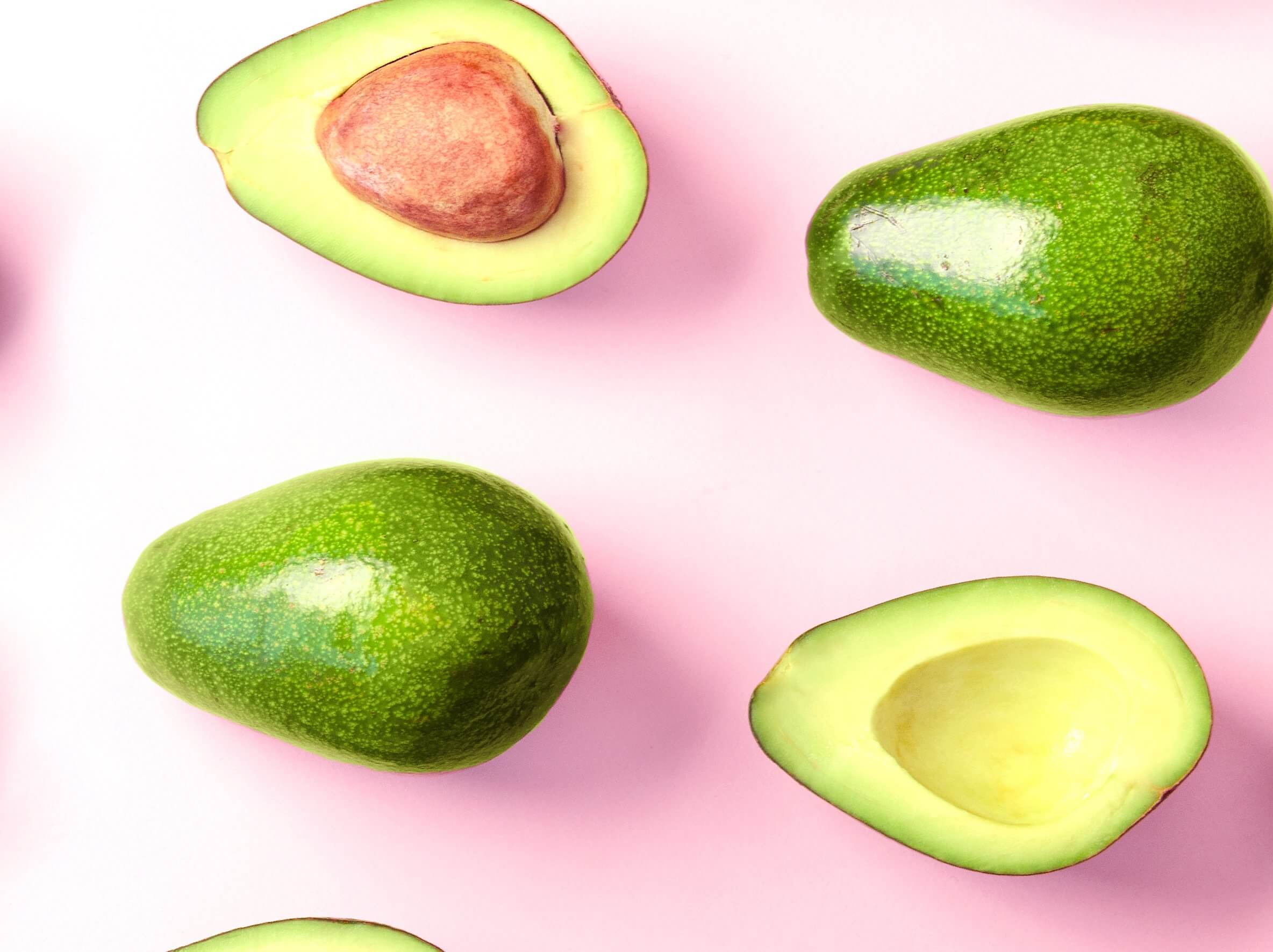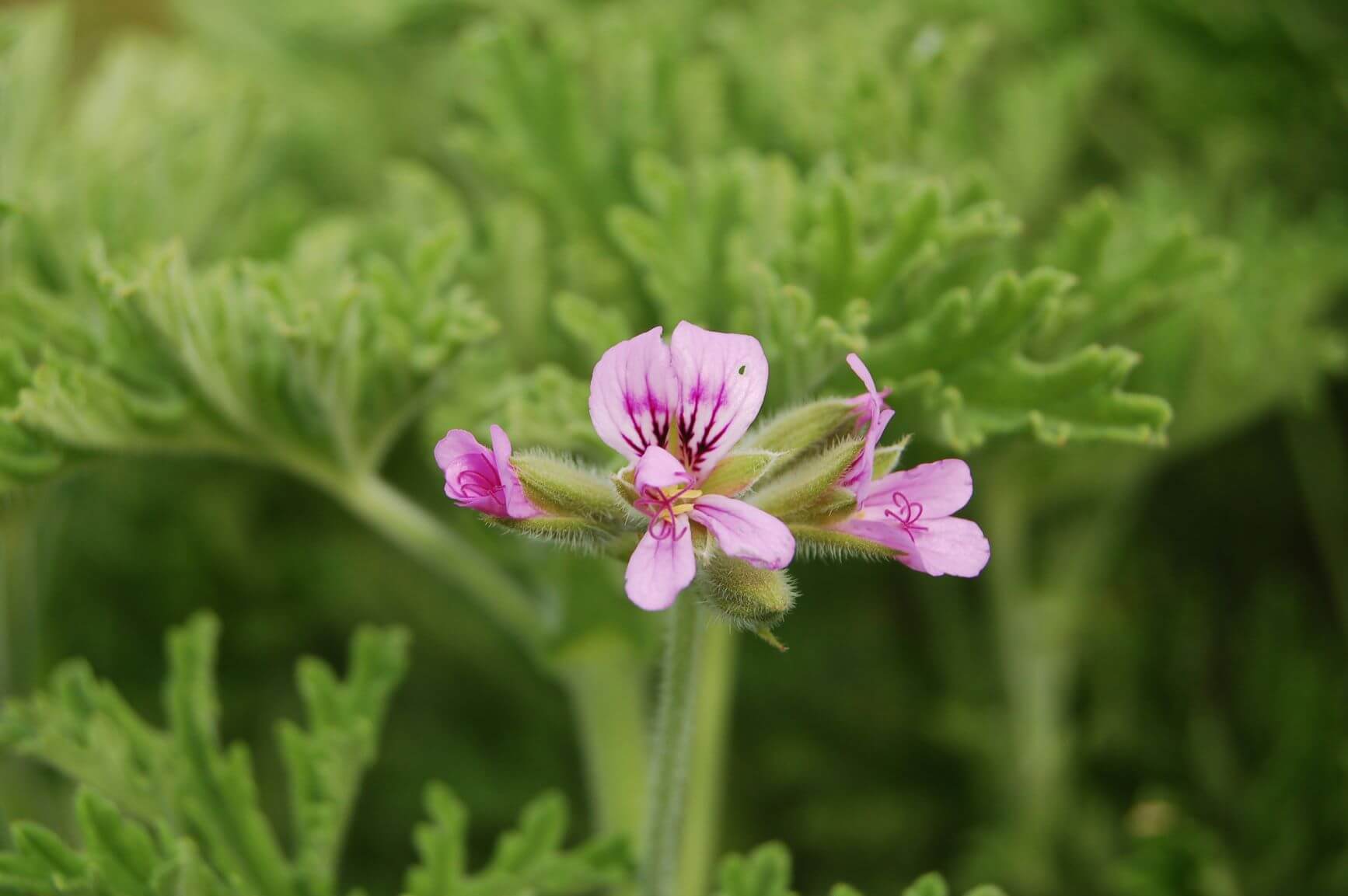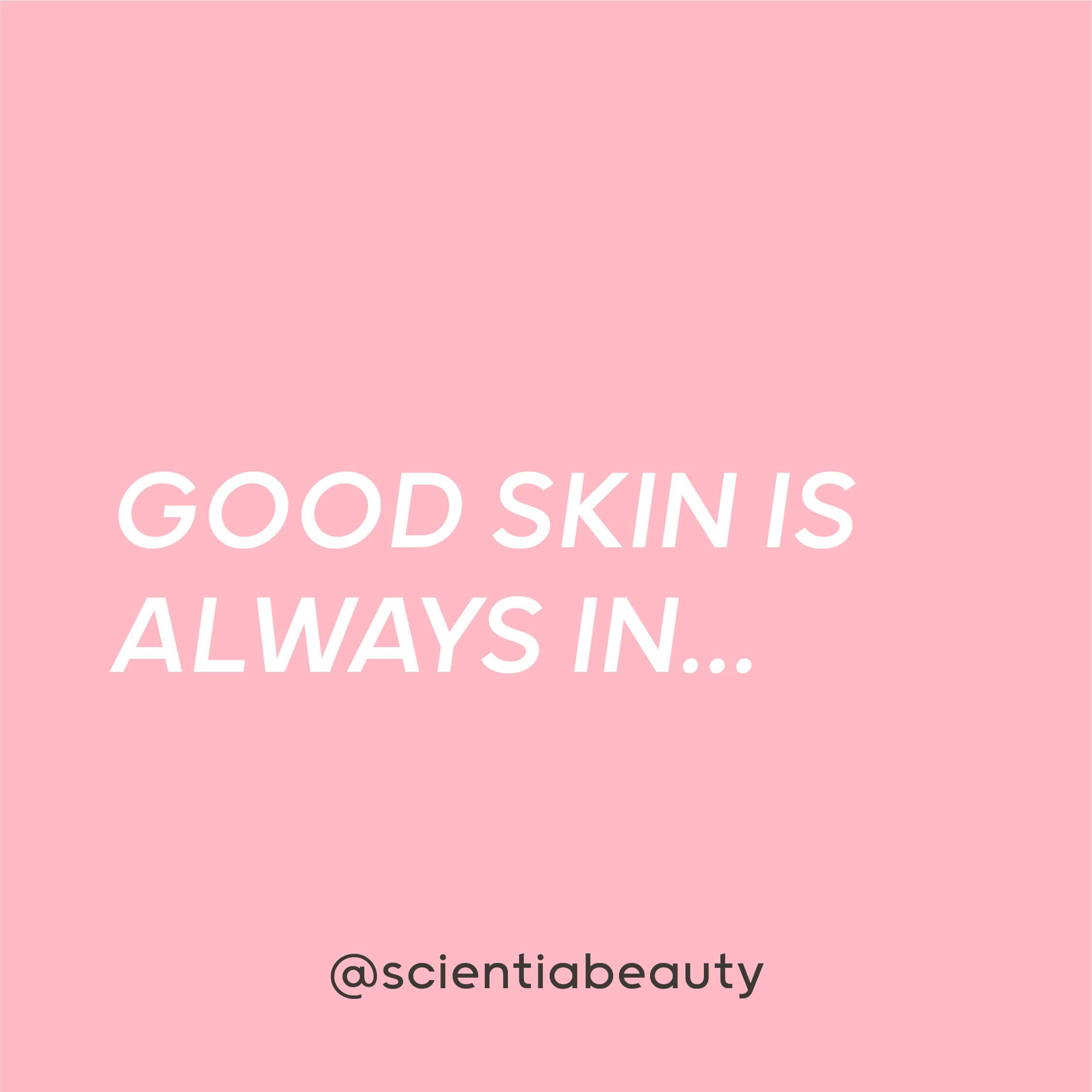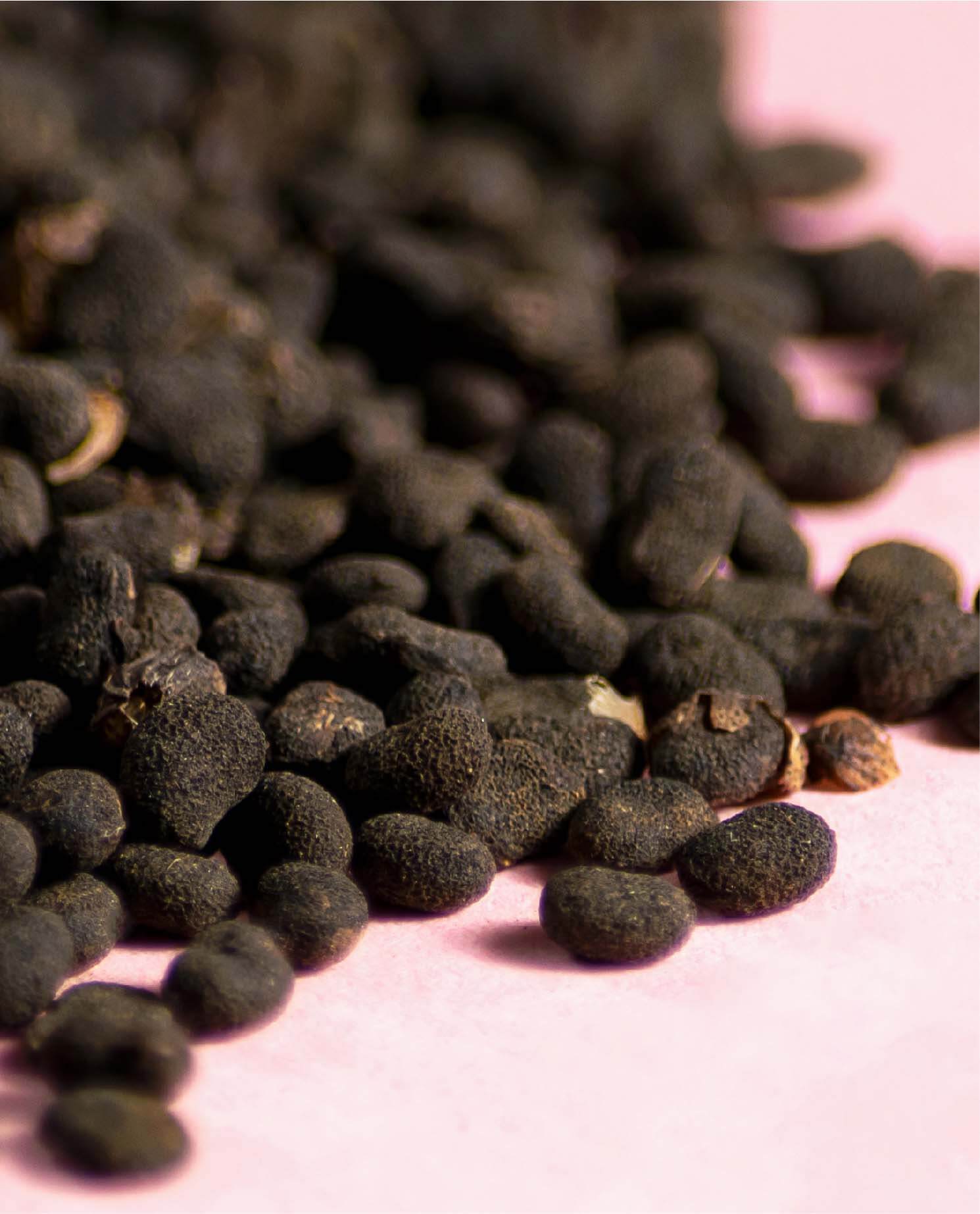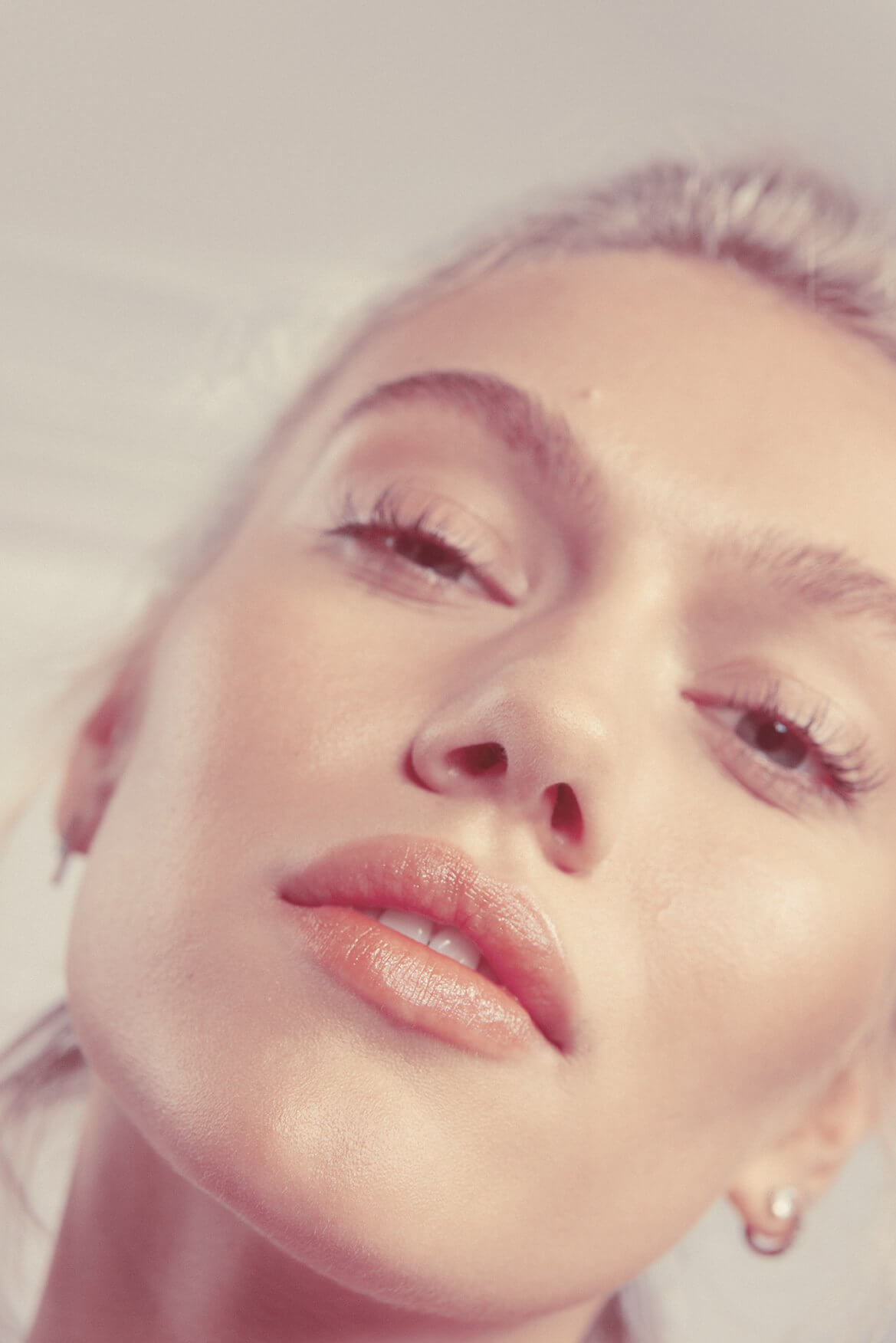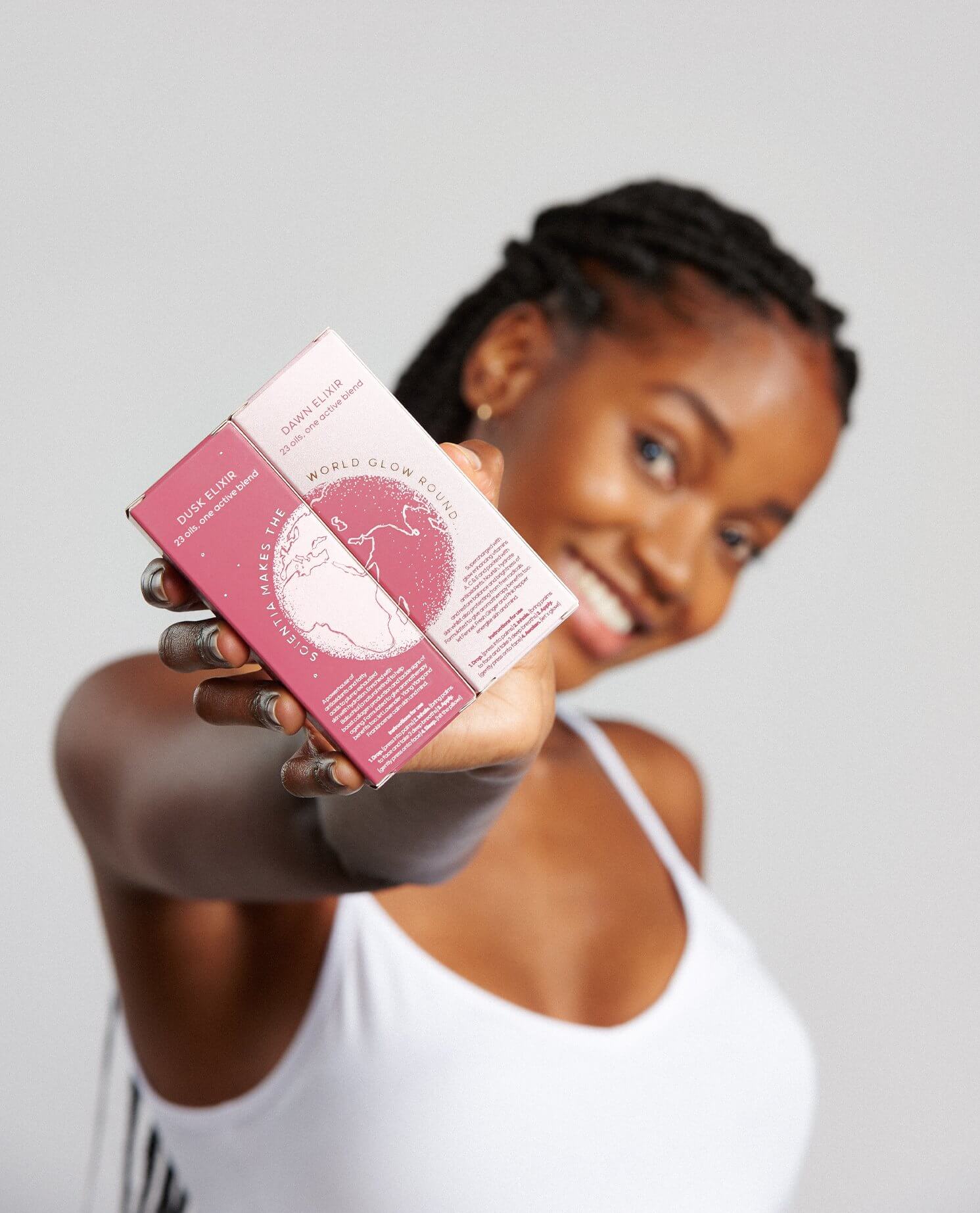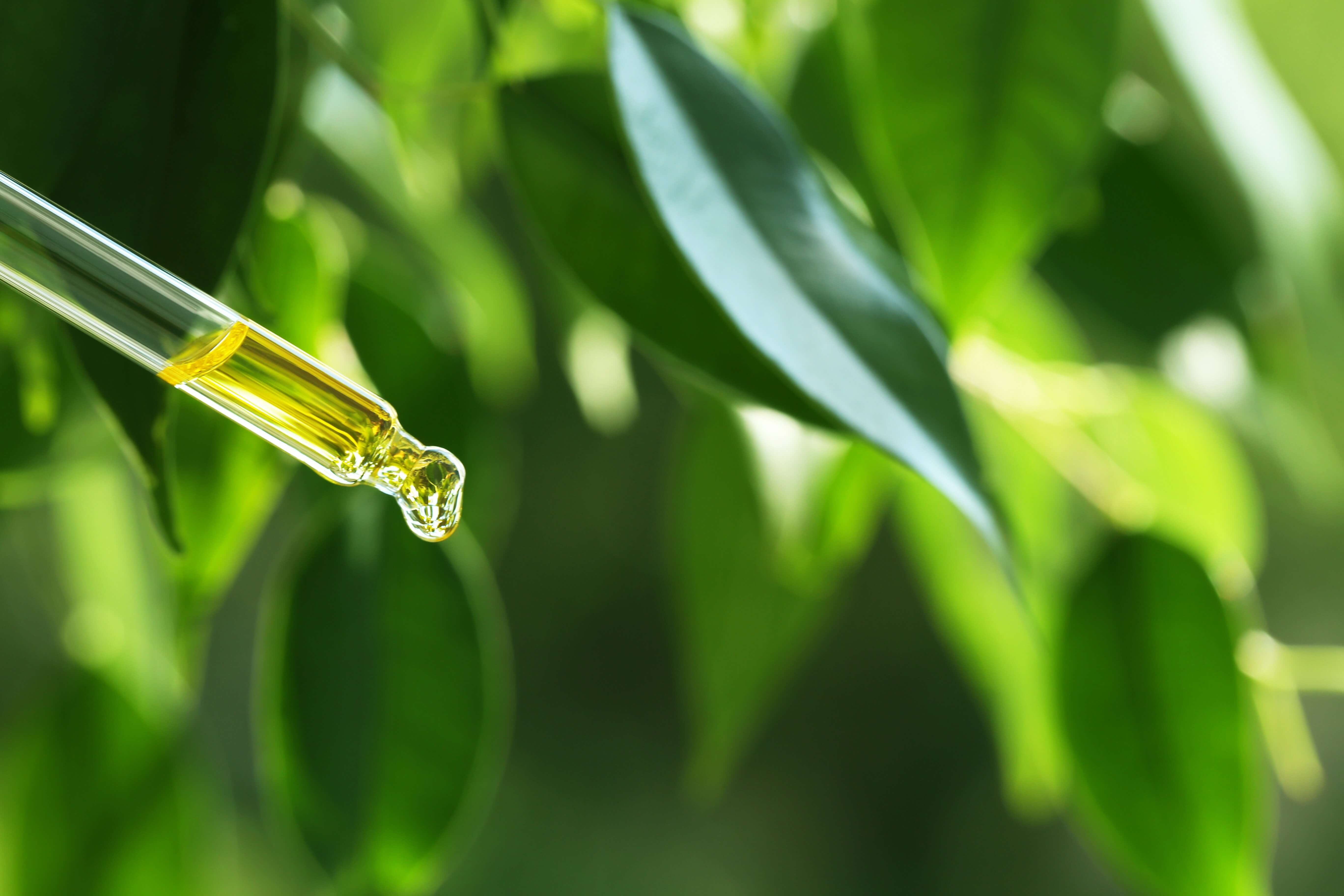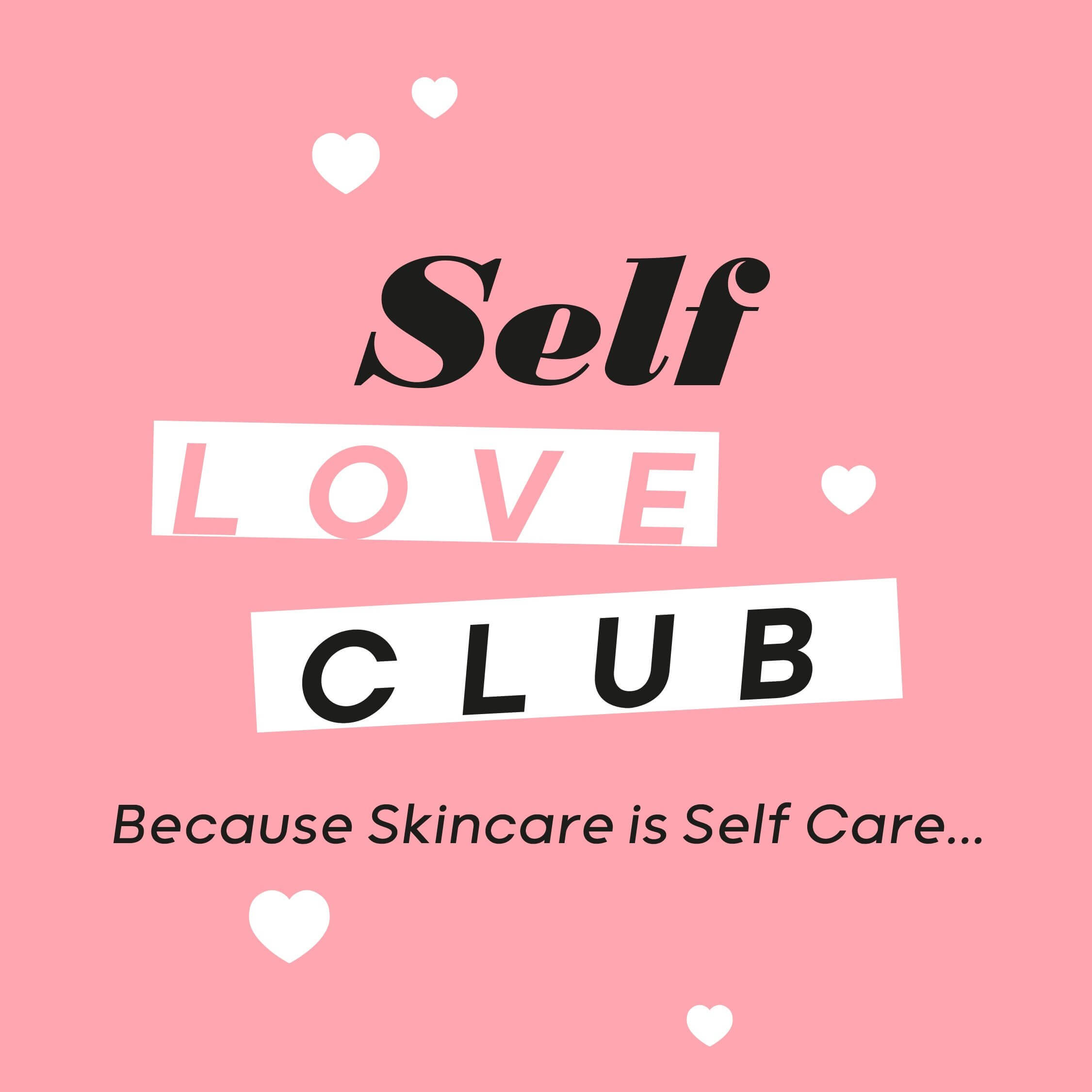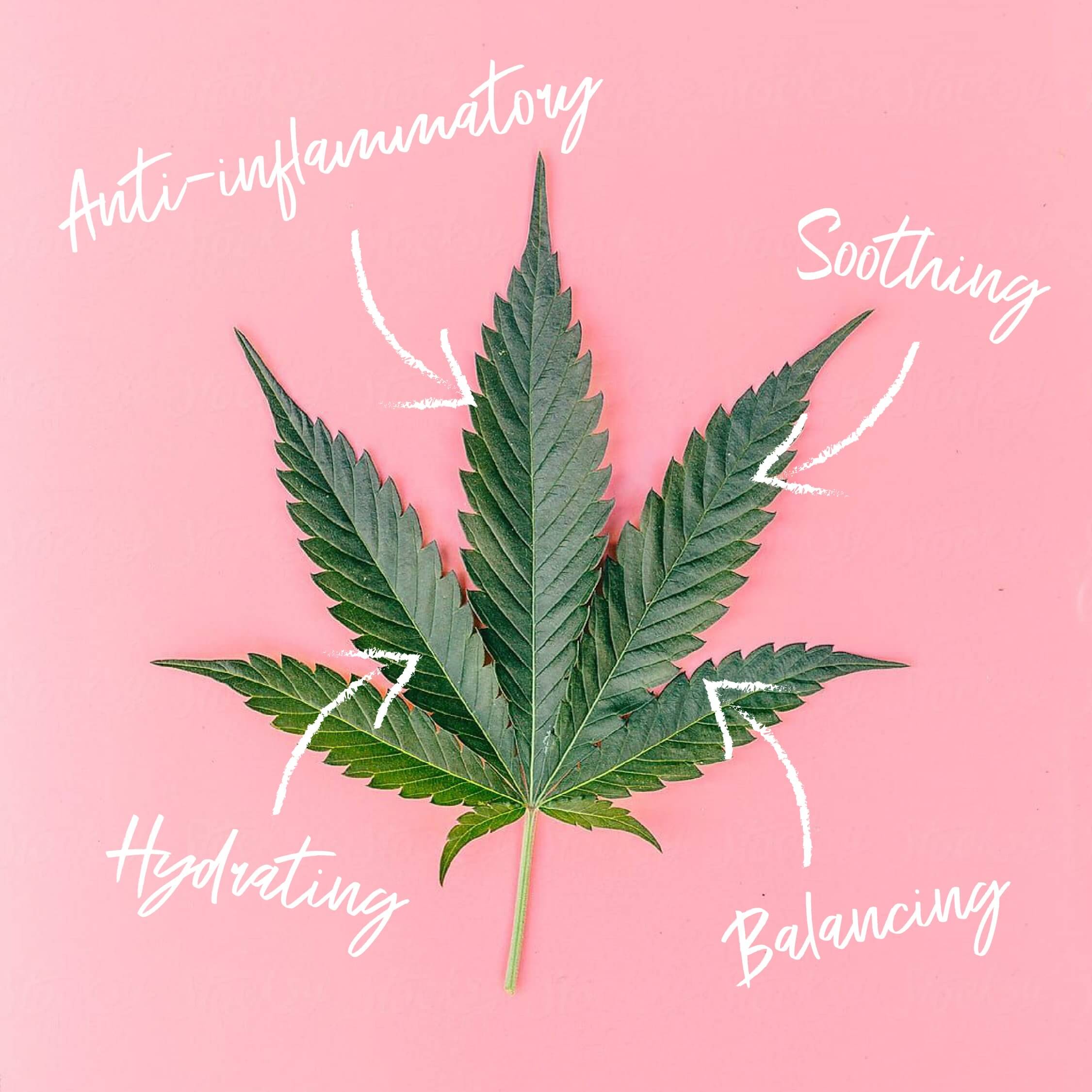Natural, organic, clean, vegan, synthetic-free, plant based. What on earth does it all mean!? As the clean beauty movement rockets a lot of these terms have come out of the woodwork and in theory, they all sound pretty amazing. However, it can be a little overwhelming. These buzzwords are tossed around and plastered across what’s starting to seem like every product we see. Plus, there’s very little regulations on who can use these terms and what brands must do to qualify, so a lot of the claims mean very little at all…
If you’re anything like us your priority is finding a product that’s safe and that works. We’re here to de-code the jargon so you can really understand what’s going into your products and onto your face so you can get exactly what you need out of your skincare. Let’s get started…
What are natural beauty products and are natural cosmetics better for you?
Natural, you wouldn’t be stupid to assume it means: all natural, of course! But does it actually mean that? Um… not so much.
There’s actually absolutely zero legal bearings or standards that define the term ‘natural.’ And it’s not certified by anyone. Yep – shockingly the word ‘natural’ isn’t regulated—at all. Essentially any company can say natural on its label, creating their own set of rules and intentions, which may or may not have real credibility.
By saying natural the brands are obligating themselves to include a certain amount of raw materials of natural origin, but what they’re often really saying is made with some natural ingredients unless explicitly stated otherwise (e.g. 100% natural). That means there could still be some non-natural ingredients inside a skincare formula, and they can still technically call it a natural product.
The truth is even fully natural ingredients can be toxic (think poison ivy) and bio-available synthetic ingredients have amazing and safe benefits (vitamin A or C.) So, really you need to get savvy with reading ingredients lists. It’s important not to hold too much to natural products – they are not always good, ethically sourced, or organic- take non-organic palm oil which has had a devastating impact on wildlife but technically is still natural.
We chose to make the Scientia Dusk and Dawn Oils 100% natural, they’re also cruelty free and vegan. In this case the natural plants are so efficacious we don’t need to use anything synthetic.
Dawn Elixir 23 Active Oils for Radiant Skin

£32.00
Rejuvenated. Radiant. Energised. Our (glowy) little secret…? We wake up with Dawn Elixir! 100% natural, supercharged active oil blend, glow enhancing vitamins A, C & E, and antioxidants banish dullness, boost radiance, hydrate tired skin, and restore balance, whilst also… Read More
Dusk Elixir 23 Active Oils for Calm & Hydrated Skin

£32.00
Calming. Soothing. Regenerating. It’s time to let our Dusk Elixir soothe you to (beauty) sleep. A blend of 23 one hundred percent natural oils, this powerhouse of antioxidants and fatty acids plumps exhausted skin with hydration. Enriched with Rosehip, Moringa… Read More
That being said in our future products we may use synthetic (aka lab made) ingredients where they prove to be most effective and safe option. When it comes to claiming natural, we’ll always tell you the exact % and if it’s not 100% we’ll explain why.
Natural vs synthetic ingredients in cosmetics
As we mentioned before, sometimes natural products are harmful and sometimes synthetic ingredients are safer and more effective- so how do you choose? The seeming contrast of natural and man-made beauty means often people fall into one of two camps. Are the chemicals in high-tech ingredients actually something to be scared of? Or is natural beauty an over-hyped trend with little evidential backing? Perhaps, it’s the idea that you have to choose one or the other that’s outdated.
Let’s start with the basics. What is a synthetic ingredient? Generally, it means that a naturally derived ingredient, such as hyaluronic acid, which was originally taken from animals and has now been molecularly replicated to the same effect within a lab. Just because something is synthetic, or a chemical isn’t necessarily bad for you. Some synthetic ingredients- hyaluronic acid, SPF, Vitamin C- are skincare lovers die-hard faves and just like with natural ingredients some are best avoided or used in minimal quantities (e.g. sulphates or formaldehyde.)
Plus, there’s a bit of a misconception that by removing something unnatural, you’re replacing it with an effective safer and alternative. However, that’s not always the case. Do you want natural in that you don’t want anything harmful? Yes please! Do you want natural in that you want safe but kind of meh and not really beneficial? Errr… no! It’s why here at Scientia we use amazing natural ingredients where we can but if it’s going to make our product less effective, we will find a synthetic safe alternative.
So how can you make an informed and educated decision when it comes to what will suit your needs best? 1. Research and 2. Reading ingredients lists. Have your favourites or recommended ingredients to look out for and make sure they sit high up on your ingredients list. Then research the brand and see what they say about their sourcing.
So, what about vegan and cruelty free?
You’re probably pretty familiar with the cute little rabbit on your beauty products- that’s the Leaping Bunny certification, which means that since 2012 none of the product’s ingredients were tested on animals within the company itself, their labs or their suppliers. It is the only cruelty free license that requires a supplier monitoring system to be implemented by the brand, supply chain checking for animal testing right down to ingredient manufacturer level, adherence to a fixed cut-off date policy and acceptance of ongoing independent audits to ensure compliance. Scientia are proudly Leaping Bunny Certified, giving the best assurance that a company has made a genuine commitment to ending animal testing, helping our consumers to shop with us knowing your beliefs and commitments match with ours.
And vegan? This one is a little more straight forward. If a product is labelled vegan it won’t contain any animal products or by-products whatsoever. However, if you’re going vegan in order to avoid ‘nasties’ rather than for ethical reasons you might want to think again. A vegan beauty product could very well be laden with synthetic ingredients, non-organic ingredients, phthalates etc. as long as no animals were harmed in the process, so… read the ingredient list! For those of you who are looking for Vegan beauty products for your ethics, both are Dawn and Dusk Elixir are Vegan Society approved- yay!
Day & Night Serum Luxury Giftset

£70.00
Indulge in a little me-time at home with the Scientia Self Care Collection, a radiance-boosting aromatherapeutic facial roller massage kit to help you get that glow from Dusk till Dawn and then some. Inside the Collection: ROSE QUARTZ ROLLERA soothing rose… Read More
So, how do you know products are safe and effective?
Unfortunately, most of the hard work is left up to the consumer. Yep- you. Do the research, look at brand websites, read ingredients labels, and check out any certifications. Until stricter rules are enforced you need to set your own rules of what you do and don’t want going on your face and put in the work. It’ll be worth it in the long run. Healthy, glow-y and radiant skin done safely, here we come…
![Scientia Beauty [see-en-cha]](http://scientiabeauty.com/cdn/shop/files/Scientia-awareness-web_230x.jpg?v=1656663400)
